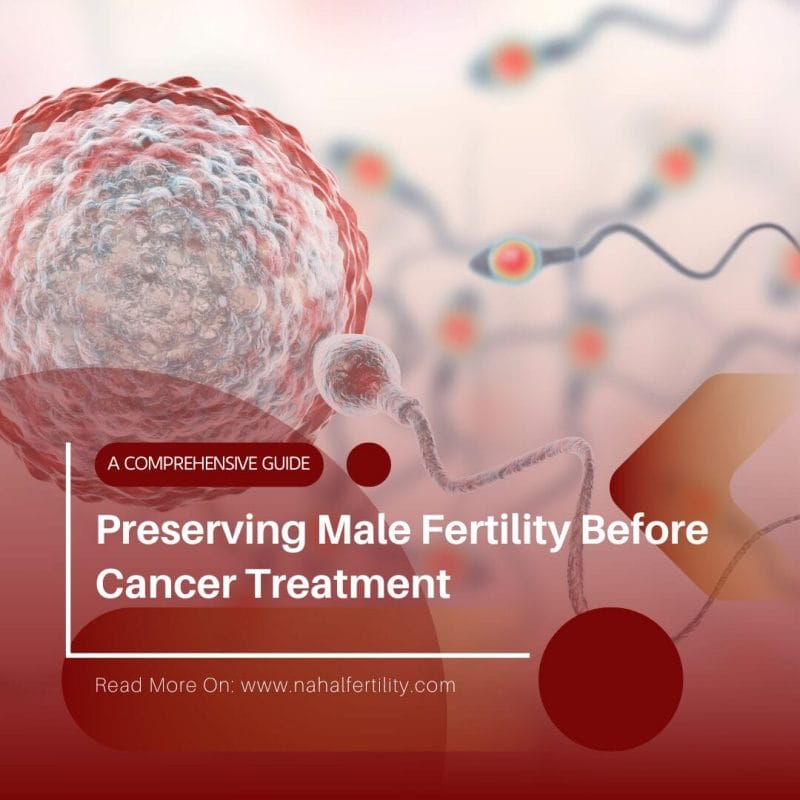What is Embryo Donation? Exploring the Process and Benefits
In the world of fertility, some couples face unique choices and challenges, leading them to consider embryo donation. This is a beautiful, complex, and often misunderstood pathway to parenthood. While adoption is widely discussed, embryo donation, also known as embryo adoption, offers another option for individuals struggling with infertility.
This article will guide you through the process, the reasons behind it, and the heartfelt decisions that explain this selfless act.
What is Embryo Donation?
Embryo donation happens when a couple has leftover frozen embryos from fertility treatments. They no longer plan to use these embryos. These embryos often come from in-vitro fertilization (IVF).
In this process, multiple embryos are made to boost the chances of pregnancy. If the family has finished their journey to parenthood, they can donate their embryos to another family. This gives the new family a chance to experience pregnancy and birth.
Reasons to consider donated embryo transfer :
- Completion of family goals: Many couples decide they have the desired number of children and do not need additional embryos.
- Financial considerations: Continued embryo storage can be costly, so donation can be an economical and emotionally fulfilling choice.
- Compassionate choice: Some families wish to give others the joy of parenthood, knowing how difficult the journey of infertility can be.
Why Choose Embryo Donation in Canada?
For families seeking embryo adoption, the decision often follows a series of medical and emotional trials. Couples who face significant fertility challenges may have tried various treatments, from medications to intrauterine insemination (IUI) and even multiple IVF cycles, without success. Embryo donation gives these couples a new option. It allows them to enjoy the joys of pregnancy, even if the embryos are not biologically theirs.
Benefits of Embryo Donation for Recipients:
- Pregnancy Experience: Embryo donation allows the mother to carry and give birth to her adopted child, experiencing the physical journey of pregnancy.
- Emotional Bonding: Pregnancy enables early bonding and the chance to experience every milestone leading up to birth.
- Alternative to Traditional Adoption: This pathway allows for a unique blend of adoption and assisted reproduction, providing an alternative for those who may not feel ready for traditional adoption.
The Decision-Making Process
Choosing to donate frozen embryos is a deeply personal choice for both donors and recipients. It involves an understanding of the emotional, ethical, and sometimes religious considerations surrounding the process.
- Emotional Preparedness: Families need to feel emotionally prepared, as donating an embryo or receiving a donated one brings complex feelings. Some couples may worry about the genetic connection and how it will affect their relationship with their child. For donors, it’s a sensitive choice—essentially, the embryos they created will become a child for another family.
- Professional Support: Consulting specialists, including fertility experts and counselors, can help in navigating these decisions. In some cases, psychological support helps ensure both parties are fully aware and comfortable with the process.
- Ethical Considerations: The choice to donate embryos for family building, rather than for research or disposal, is often driven by a strong belief in the potential of life. Each couple needs to assess their personal values and goals, ensuring their choice aligns with their beliefs.
How Does Embryo Donation Work
Now you know the embryo donation meaning, let’s learn more about its process. The embryo donation journey involves several key steps, from legal considerations to medical procedures:
- Application and Matching: Couples who want to donate or adopt embryos begin with an application. They do this through a fertility clinic or an agency that focuses on embryo donation adoption. This step may include questionnaires on medical history, family background, and personal values to find a match.
- Legal Agreements: Both parties are made aware and sign legal agreements to ensure that the donors relinquish all parental rights and that the recipients assume all responsibilities as parents. This step varies depending on local regulations, but it’s essential to protect everyone’s interests.
- Medical Preparations: For the recipient, medical tests are conducted to prepare for the embryo transfer. This may include a “mock cycle” to evaluate the uterine environment and ensure the best possible conditions for implantation.
- Embryo Transfer: When the recipient is ready, the embryos are thawed and transferred into the recipient’s uterus in a straightforward medical procedure. If successful, this will lead to a typical pregnancy, with prenatal care to support the baby’s growth.
Considerations for Embryo Donors
For donors, deciding to donate their embryos is a big choice. It often comes from a caring wish to help others. Donors should think about whether they want to keep their identity private or be open with the recipients. They should also consider how this choice might affect their family in the future.
- Family Discussions: Many donor families find it essential to discuss this decision among themselves and with their children if they are old enough to understand. Transparency within the family can prevent future misunderstandings or surprises.
- Privacy vs. Openness: Some couples prefer to stay anonymous, while others are open to establishing a relationship with the recipient’s family. This choice can shape the future of the family dynamic for both parties.
- Long-Term Impact: Knowing that they have potentially helped create another family can bring joy and satisfaction, though it is essential to be prepared for any emotions that may arise in the future.
Common Misconceptions About Embryo Donation
While embryo donation is a beautiful option, there are common misconceptions and unanswered questions about this process:
- “Will the child be considered adopted?”
- Yes, but with a unique twist. The child will not be related to the recipients. However, they will experience pregnancy and birth like any parent. This creates a special bond.
- “Is this the same as donating eggs?”
- Not quite. While egg donation involves one part of conception, embryo donation is the transfer of an already fertilized embryo, which can develop into a fetus upon implantation.
- “Can donors change their minds?”
- After choosing to donate and once the legal documents are signed, donors relinquish their rights. So, it’s vital to consider this choice carefully.
Frequently Asked Questions (FAQs)
- What is the cost of embryo donation in Ontario?
In Canada, the cost of an embryo transfer typically ranges from $3,000 to $5,000 per cycle, excluding medication and additional procedures. Prices may vary between fertility clinics, Call us to consult directly with our fertility experts for detailed information.
- Can you meet the embryo donors?
Depending on the program, there may be options for open donation, allowing recipients and donors to communicate.
- Is embryo donation legal in Canada?
Yes, embryo donation is legal in Canada. The Assisted Human Reproduction Act permits embryo donation but prohibits the sale of embryos. Legal agreements are essential to outline the rights and responsibilities of both parties.
- Are donated embryos as viable as fresh embryos?
Frozen embryos can be highly viable, with successful pregnancies recorded from embryos stored for years. The medical team will evaluate embryo quality to optimize the embryo donation success rates.
- What is the Success Rate of Embryo Donation?
Success rates for embryo donation vary and are dependent on factors like embryo quality and the recipient’s health.
Conclusion
Embryo donation is a unique path to family building, blending the experiences of adoption and pregnancy. For couples who feel this is the right choice, embryo donation can bring happiness. Not just to those raising the child, but to the donors who gifted this precious opportunity.
Like any fertility decision, taking the time to explore, reflect, and seek guidance will help you to ensure that this choice is truly the best one for all involved.







